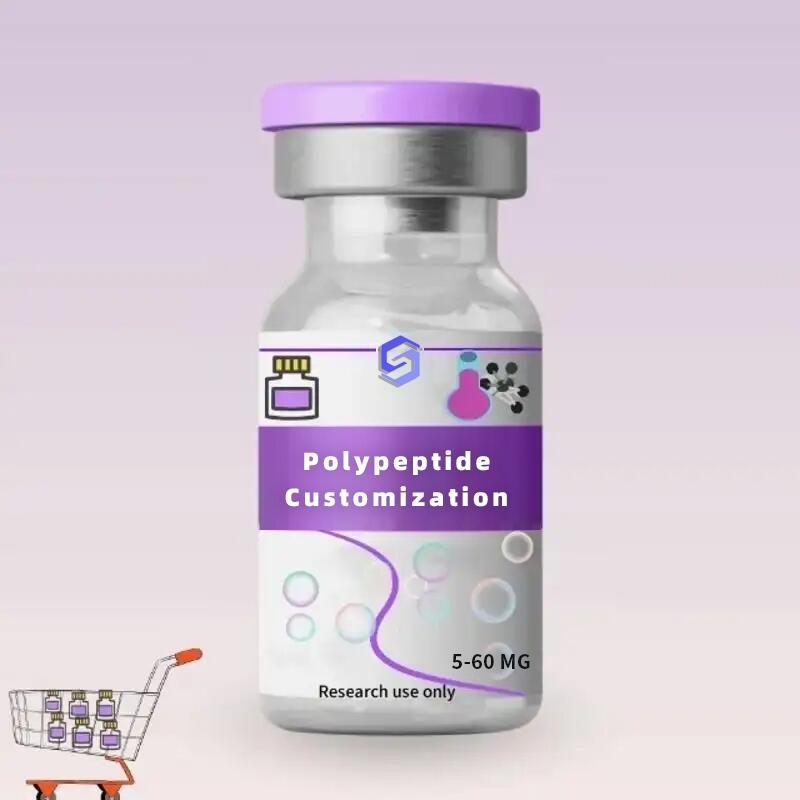-
Categories
-
Pharmaceutical Intermediates
-
Active Pharmaceutical Ingredients
-
Food Additives
- Industrial Coatings
- Agrochemicals
- Dyes and Pigments
- Surfactant
- Flavors and Fragrances
- Chemical Reagents
- Catalyst and Auxiliary
- Natural Products
- Inorganic Chemistry
-
Organic Chemistry
-
Biochemical Engineering
- Analytical Chemistry
-
Cosmetic Ingredient
- Water Treatment Chemical
-
Pharmaceutical Intermediates
Promotion
ECHEMI Mall
Wholesale
Weekly Price
Exhibition
News
-
Trade Service
The prescription outflow policy is the most critical to the development of the retail pharmacy's own strategy, and the judgment of this component will affect the basic decision of all retail pharmacies.
first, what kind of situation is it possible for a large-scale outflow? If prescription drugs are to be exoded on a large scale, the hospital's outpatient pharmacy must be removed completely, and as long as the outpatient pharmacy is still in the hospital, it is difficult to ex-stream prescriptions to the pharmacy. However, judging from the current trend of medical reform, it is difficult to determine whether the government is willing to let outpatient pharmacies out, after all, this is related to the overall operation of the hospital, the interests of the various authorities are very critical. The basic judgment for outpatient pharmacy transfer is whether China's medical services can get rid of the plight of medicine-based medicine and really rely on the income of services rather than products. At this stage, this is very difficult. From Japan's experience, it is mainly relying on large-scale government subsidies to doctors and hospitals, and forced compression of the benefits of medicines for health-care providers, to force the outflow of prescriptions. The government's inability to provide large-scale subsidies to doctors over the next five years may be difficult to replicate. Since doctors are mostly in state-run medical institutions, it is difficult to bring in private institutions to subsidize doctors.
, the potential for large-scale prescription outflows is that policy has found funding and sustainable models to support health services. But as long as public health care and public health care remain mainstream, there is no innovative model to cite, relying mainly on government subsidies. But the problem now is that the government doesn't have enough money for large-scale subsidies. Therefore, the possibility of a complete move out of an outpatient pharmacy will not be great in the medium term.
, if prescriptions do not flow out on a large scale, can there be some pilot projects in some regions to facilitate a certain scale of outflows? This possibility is not non-existent and does not preclude the introduction of pilot prescription outflows in some areas, possibly in the form of the first out-patient pharmacy at the grass-roots level, or similar to the long-term prescription policies in Shanghai and Zhejiang to support prescription outflows. But even with similar policies, how to circumvent medical institutions' alliances with specific retail pharmacies to re-profit drugs is crucial. If such alliances are widespread, then this kind of prescription outflow can only be a resource-heavy way of development, can not be quickly replicated everywhere, can only become a business suitable for a few people, not a big industry.
third, if the next five years or small-scale outflow, retail pharmacies out of the way? If the policy is still more vague, only in the local give some sustained small-scale pilot, retail pharmacies for policy support may need to remain calm, more turn to do their own business, and strive to obtain their own business growth in a market-oriented environment. For retail pharmacies, the outflow of prescriptions without policy support is very difficult, can only continue to explore how to add services? However, disease management is only a means of prescription exoded, and the effect is not clear, plus services also include other methods, in the study will make a more detailed analysis of this.
overall, the double-whammy of liberalization and regulation will continue over the next five years against the backdrop of health-care charges, but there is little hope for a massive outflow of prescriptions. In a public-dominated system, it is hard to really change the market without large-scale government changes. If retail pharmacies are to develop, they still need to strengthen integration and drive their own transformation into real services, leading to incremental growth. (Diary of the Villageman)







